blockchain technology has rapidly evolved from its initial application in Bitcoin to become a versatile tool with the potential to transform numerous industries. Its core features—decentralization, transparency, and immutability—make it ideal for a wide range of applications beyond cryptocurrencies.
In supply chain management, blockchain enhances transparency and traceability, ensuring the authenticity and safety of products. For example, Walmart utilizes IBM’s Food Trust blockchain network to monitor the journey of food products from farm to table. This capability allows for quick identification of contamination sources, significantly improving food safety. Furthermore, blockchain helps combat counterfeiting by providing an immutable record of a product’s journey, ensuring that high-value goods such as luxury items and pharmaceuticals are genuine.
In healthcare, blockchain technology revolutionizes the management of patient records and drug traceability. By storing patient data on a blockchain, healthcare providers can access secure and tamper-proof records, enabling seamless sharing of information with patient consent. Projects like MedRec leverage blockchain to create a unified patient database that enhances the efficiency and accuracy of medical care. Additionally, blockchain ensures the authenticity of pharmaceuticals by providing a transparent supply chain, which is crucial in the fight against counterfeit drugs.
The finance and banking sector benefits immensely from blockchain’s ability to facilitate cross-border payments and streamline transactions. Traditional international payments are often slow and expensive due to the involvement of multiple intermediaries. Blockchain simplifies this process, enabling faster, cheaper, and more secure transactions. Ripple’s XRP ledger, for instance, is designed to facilitate instant cross-border payments. Furthermore, smart contracts—self-executing contracts with the terms directly written into code—automate transactions and reduce the need for intermediaries, enhancing efficiency and trust.
In real estate, blockchain simplifies property transactions and enhances the security of land registries. By reducing the need for intermediaries and creating transparent records, blockchain accelerates property sales and prevents fraud. Platforms like Propy enable users to buy and sell real estate online using blockchain technology. Additionally, blockchain-based land registries, being explored in countries like Sweden and Georgia, provide tamper-proof records of land ownership, reducing disputes and enhancing trust.
Blockchain technology also offers innovative solutions in voting and governance. Secure blockchain-based voting systems can increase voter turnout by allowing secure online voting and reducing election fraud. For example, Voatz has conducted pilot blockchain-based voting in several U.S. elections. In governance, blockchain improves transparency and reduces corruption by making governmental processes more open and accountable. The city of Moscow’s use of blockchain for its Active Citizen voting platform exemplifies how blockchain can enhance civic engagement and trust in government.
Here’s an exploration of how blockchain is being applied in real-world scenarios beyond Bitcoin:
1. Supply Chain Management
- Transparency and Traceability: Blockchain provides an immutable record of the journey of products from manufacturers to consumers. This transparency ensures authenticity and reduces fraud. For example, Walmart uses blockchain to track the source of its produce, enhancing food safety by quickly identifying contamination sources.
- Efficiency and Cost Reduction: By streamlining documentation and reducing the need for intermediaries, blockchain reduces costs and speeds up transactions. Maersk and IBM’s TradeLens platform exemplifies this by digitizing shipping processes.
2. Healthcare
- Patient Records Management: Blockchain enables secure, interoperable, and tamper-proof storage of patient records. Patients can grant access to their medical history to different healthcare providers seamlessly. MedRec is one such project that utilizes blockchain for patient data management.
- Drug Traceability: Ensuring the authenticity of pharmaceuticals is critical to combating counterfeit drugs. Blockchain provides a transparent supply chain for drugs, verifying their origin and handling at each step.
3. Finance and Banking
- Cross-Border Payments: Traditional cross-border payments are slow and costly. Blockchain facilitates faster, cheaper, and more secure international transactions. Ripple’s XRP ledger is designed to enable instant cross-border payments.
- Smart Contracts: These self-executing contracts with the terms of the agreement directly written into code enable automated, trustworthy transactions without intermediaries. Ethereum is a prominent platform supporting smart contracts.
4. Real Estate
- Property Transactions: Blockchain simplifies and secures property transactions by reducing the need for intermediaries, preventing fraud, and speeding up the process. Propy is a platform that allows users to buy and sell real estate entirely online using blockchain.
- Land Registry: Immutable blockchain records can help maintain accurate and tamper-proof land registries. Countries like Sweden and Georgia are exploring blockchain for their land registry systems.
5. Voting and Governance
- Secure Voting Systems: Blockchain can create secure and transparent voting systems, reducing fraud and increasing voter turnout by allowing secure online voting. Voatz has conducted pilot blockchain-based voting in several U.S. elections.
- Governance and Transparency: Blockchain can improve governance by making government processes more transparent and reducing corruption. The city of Moscow has tested blockchain for its Active Citizen voting platform, which allows residents to vote on municipal decisions.
6. Energy Sector
- Peer-to-Peer Energy Trading: Blockchain enables decentralized energy markets where consumers can trade excess energy, often generated from renewable sources, directly with each other. Power Ledger is an example of a platform facilitating peer-to-peer energy trading.
- Grid Management: Blockchain helps in the management of decentralized grids by securely tracking energy production and consumption. This ensures a more efficient and resilient energy distribution system.
7. Intellectual Property
- Digital Rights Management: Blockchain provides a transparent and immutable record of ownership for digital assets, protecting intellectual property rights. Platforms like Ascribe allow artists to register their digital artwork on the blockchain, ensuring rightful ownership.
- Royalties and Licensing: Smart contracts can automate royalty payments and licensing agreements, ensuring that creators receive fair compensation for their work. Mycelia uses blockchain to manage music rights and payments.
8. Education
- Credential Verification: Blockchain can store academic records and credentials, making them easily verifiable by employers and institutions. MIT has experimented with issuing diplomas on the blockchain.
- Learning Pathways: Blockchain enables the creation of a lifelong learning record that tracks a person’s educational and professional development across different institutions and platforms.
9. Charity and Non-Profit
- Donation Tracking: Blockchain ensures transparency in charitable donations, allowing donors to track how their contributions are used. The United Nations World Food Programme uses blockchain to ensure that aid reaches the intended recipients.
- Efficiency and Trust: By reducing administrative costs and increasing transparency, blockchain can build greater trust in non-profit organizations.
10. Entertainment and Media
- Content Distribution: Blockchain can streamline content distribution, ensuring that creators are fairly compensated. Audius is a blockchain-based platform that allows musicians to share and monetize their work without intermediaries.
- Anti-Piracy: Blockchain can help in tracking and enforcing intellectual property rights, reducing piracy. This ensures that creators maintain control over their content.
Challenges and Considerations
- Scalability: Many blockchain networks face challenges in handling a high volume of transactions efficiently.
- Regulatory Uncertainty: The regulatory environment for blockchain technologies is still evolving, creating uncertainty for businesses.
- Interoperability: Different blockchain platforms need to be able to communicate and work together for widespread adoption.
- Energy Consumption: The energy-intensive nature of some blockchain networks, particularly proof-of-work systems, raises environmental concerns.
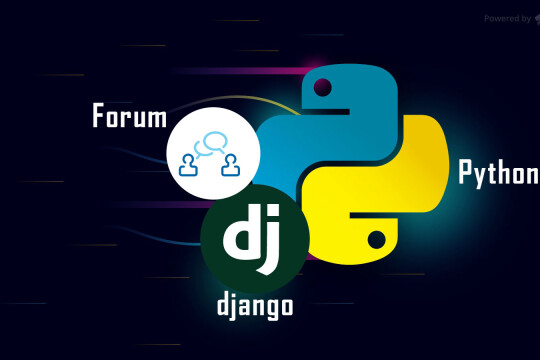


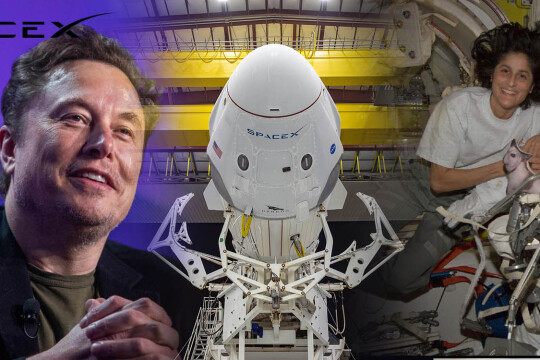


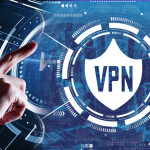


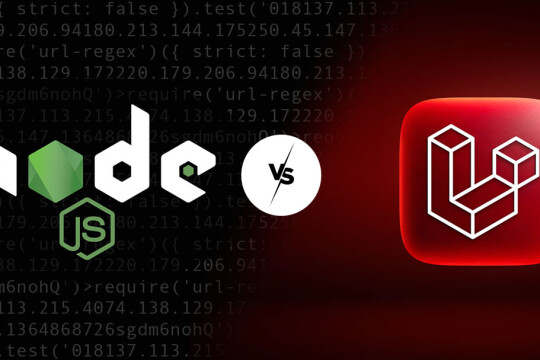

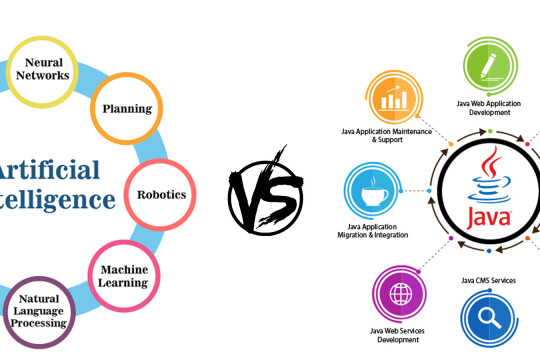




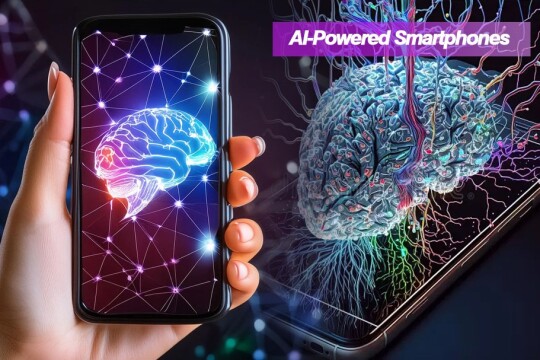
Comments & Discussion
Join the discussion by logging into your account.